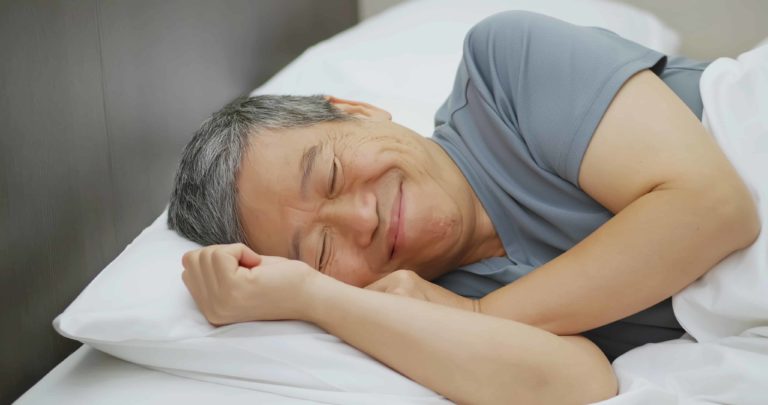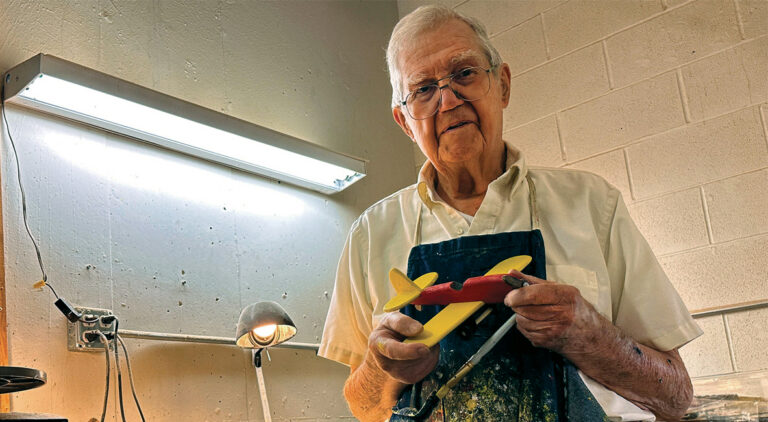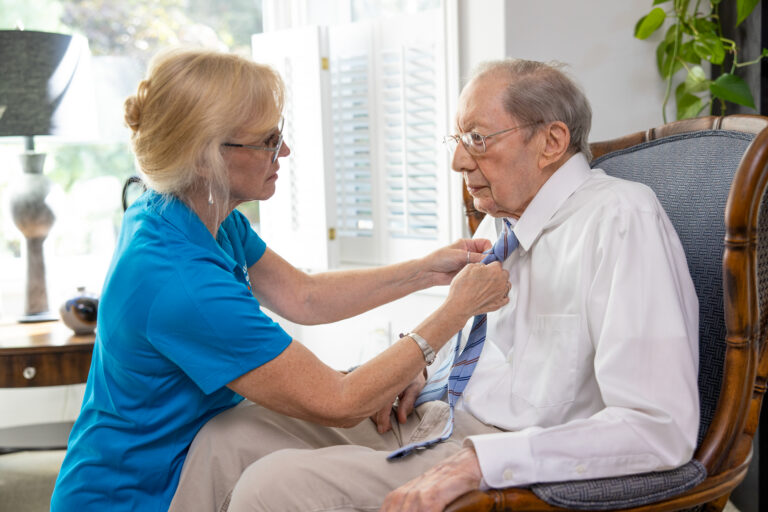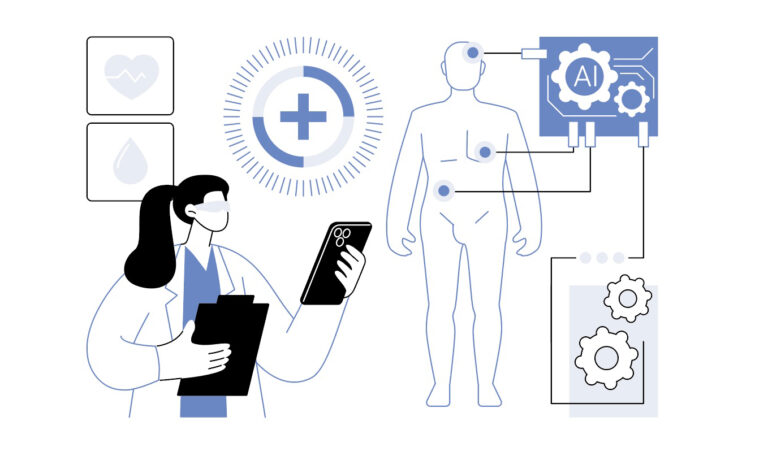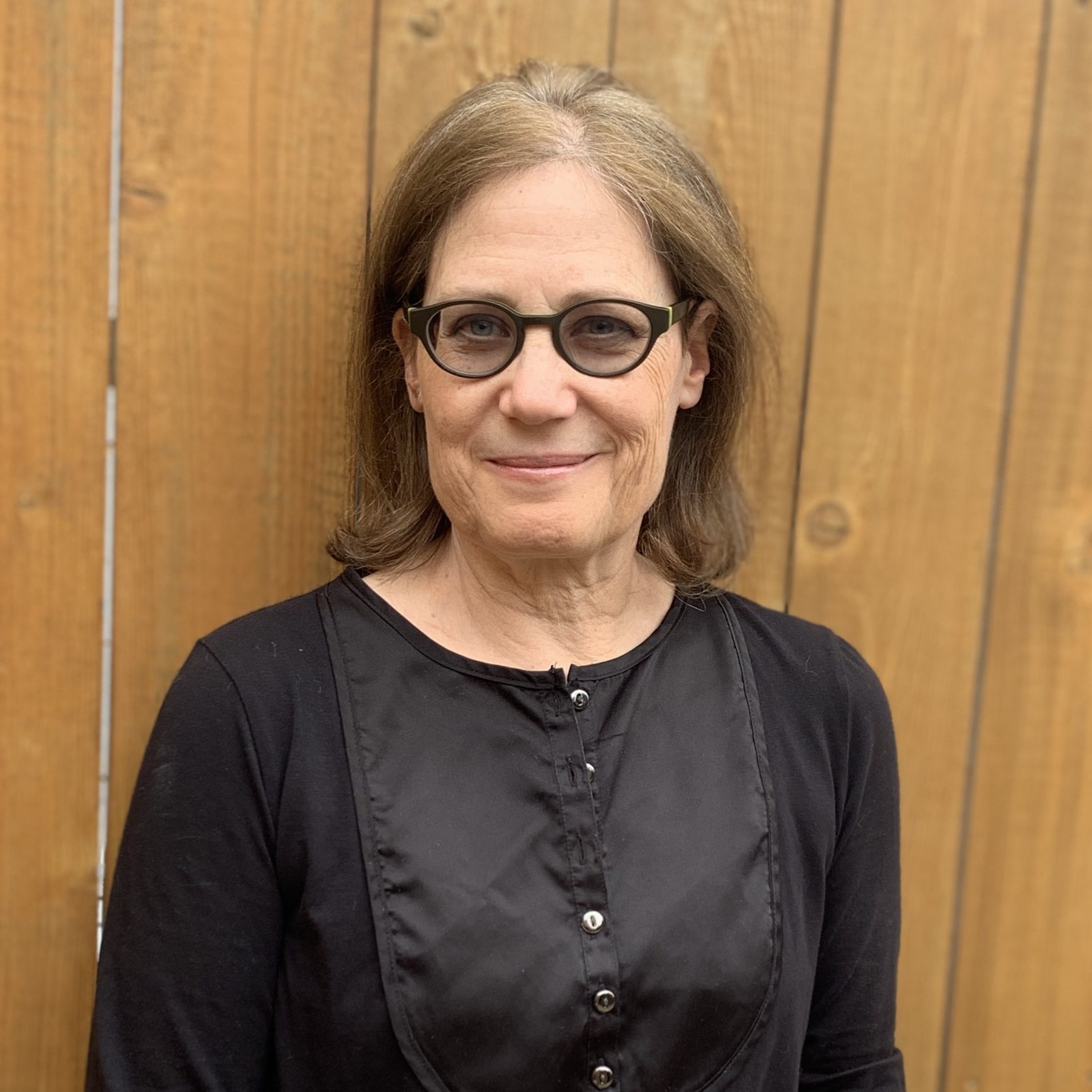
Ronit is a freelance writer, based in Chicago. She has a special interest in health, healthcare and preventive medicine.
We all know the importance of a good night’s sleep. Sufficient sleep is essential for good health and memory. It also keeps us focused and productive during our waking hours.
Roughly half of older adults complain about sleep issues, including difficulty falling asleep or staying asleep, says Lisa Medalie, PsyD, a behavioral sleep medicine specialist at UChicago Medicine. Lack of sleep can contribute to daytime irritability; interfere with the immune system; and impair memory, attention, and executive functioning.
How much sleep do older adults need?
The National Sleep Foundation recommends that adults age 65 and up get seven to eight hours of sleep a night. While that range is the average recommendation, some individuals may need more sleep — and others need less — as they age, says Lori Lovitz, DO, a neurologist and sleep medicine specialist at NorthShore University HealthSystem.
The ideal sleep time depends on how much rest you need to function properly during the day, Lovitz says. “And what I mean by ‘function properly during the day’ is that you can pretty much make it through the entire day without needing naps and without feeling like you’re having trouble focusing or concentrating,” she adds.
Why is it hard for older adults to get adequate sleep?
Many medications can interfere with sleep, including drugs for heart arrhythmias and high blood pressure. Medications that contain caffeine or other stimulants, as well as antidepressants such as selective serotonin reuptake inhibitors (SSRIs), can also cause poor sleep, Lovitz says.
Drinking alcohol in the evening is a big contributor to sleep interruption. “Alcohol is one of the simplest things that people can avoid to help improve their sleep,” Lovitz says. “It might help you fall asleep, but once your body starts metabolizing it in the middle of the night, you’re going to get jolted awake. At 2 or 3 a.m., you’re going to feel like it’s morning.”
If you struggle with insomnia, napping during the day [can] interfere with nighttime sleeping, Medalie says. Frequent naps or naps in the late afternoon may leave you tossing in bed at night.
Physiological problems, such as sleep apnea and sleep behavior disorders, are more frequent in older adults. Anyone who snores or wakes up frequently during the night should get evaluated for sleep apnea, which is the most common cause of nighttime waking, Lovtiz says. This evaluation normally requires a sleep study. Now, instead of spending an uncomfortable night in a sleep laboratory, some medical centers offer at-home sleep studies.
What are the best ways to get a good night’s sleep?
If you don’t have major medical issues interrupting your sleep, start with some good sleep hygiene practices.
Key practices include:
- Maintaining a consistent bedtime and wake time.
- Creating a relaxing pre-sleep ritual an hour before bedtime.
- Getting regular exercise.
- Minimizing caffeine after noon.
- Eliminating naps after 2 p.m.
- Managing your mood, stress, and any pain.
Lovitz suggests scheduling focused worry time during the day, when you take the time to write down major concerns and stresses that might keep you awake at night. Going through this exercise on a daily basis helps people work through their worries when they are awake, so they can let them go in the evening.
Older adults may not produce enough melatonin, a hormone that helps signal the body that it’s time to sleep. A small dose — between 1 mg and 5 mg — of a melatonin supplement may help promote sleep, Lovitz says.
To sleep at night, catch some sunlight during the day. “[Make] sure that during the daytime [older adults] expose themselves to sunlight or daylight as much as possible,” and reduce bright lights and blue lights from electronic devices once the sun sets, Lovitz says.

